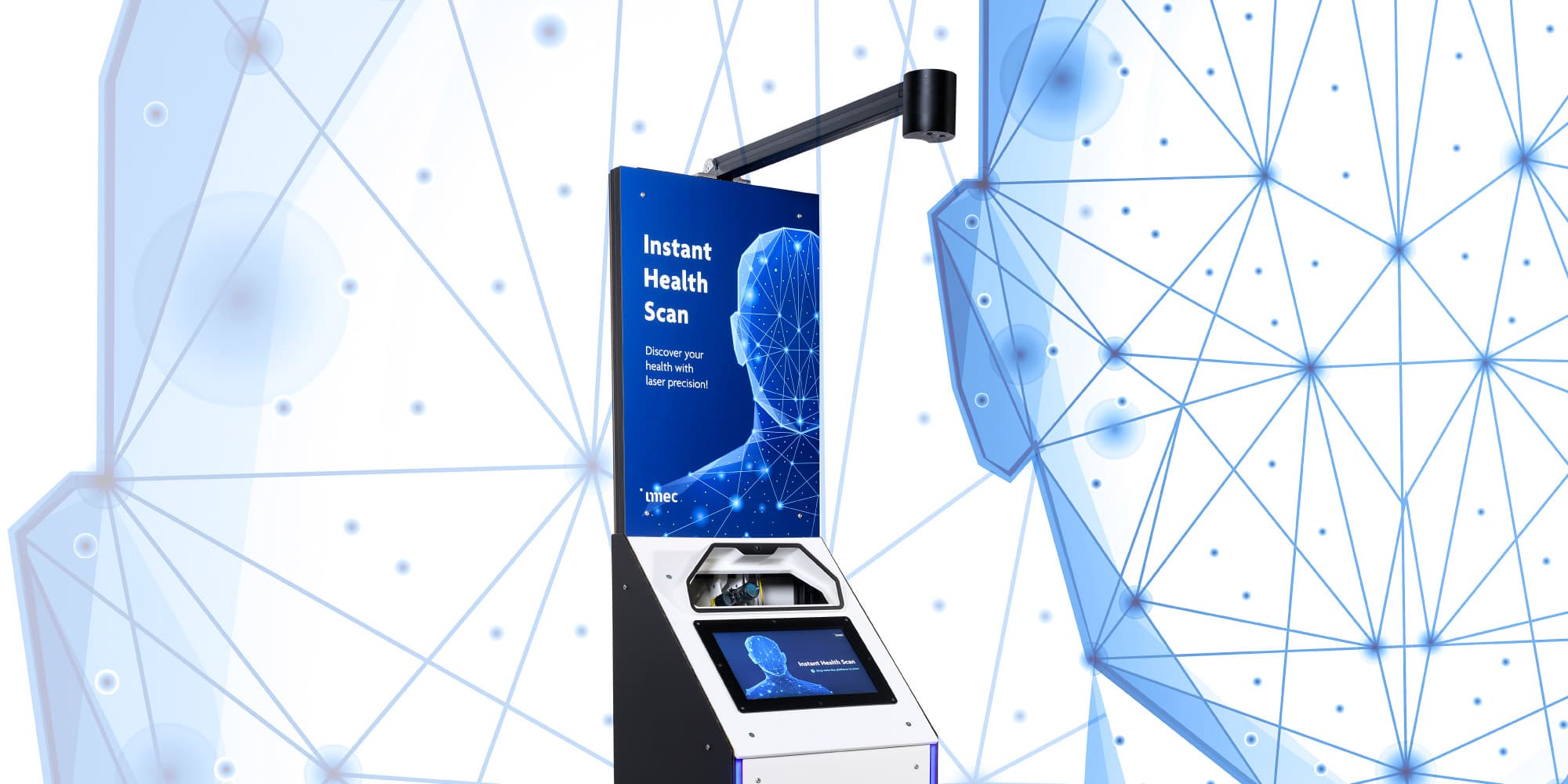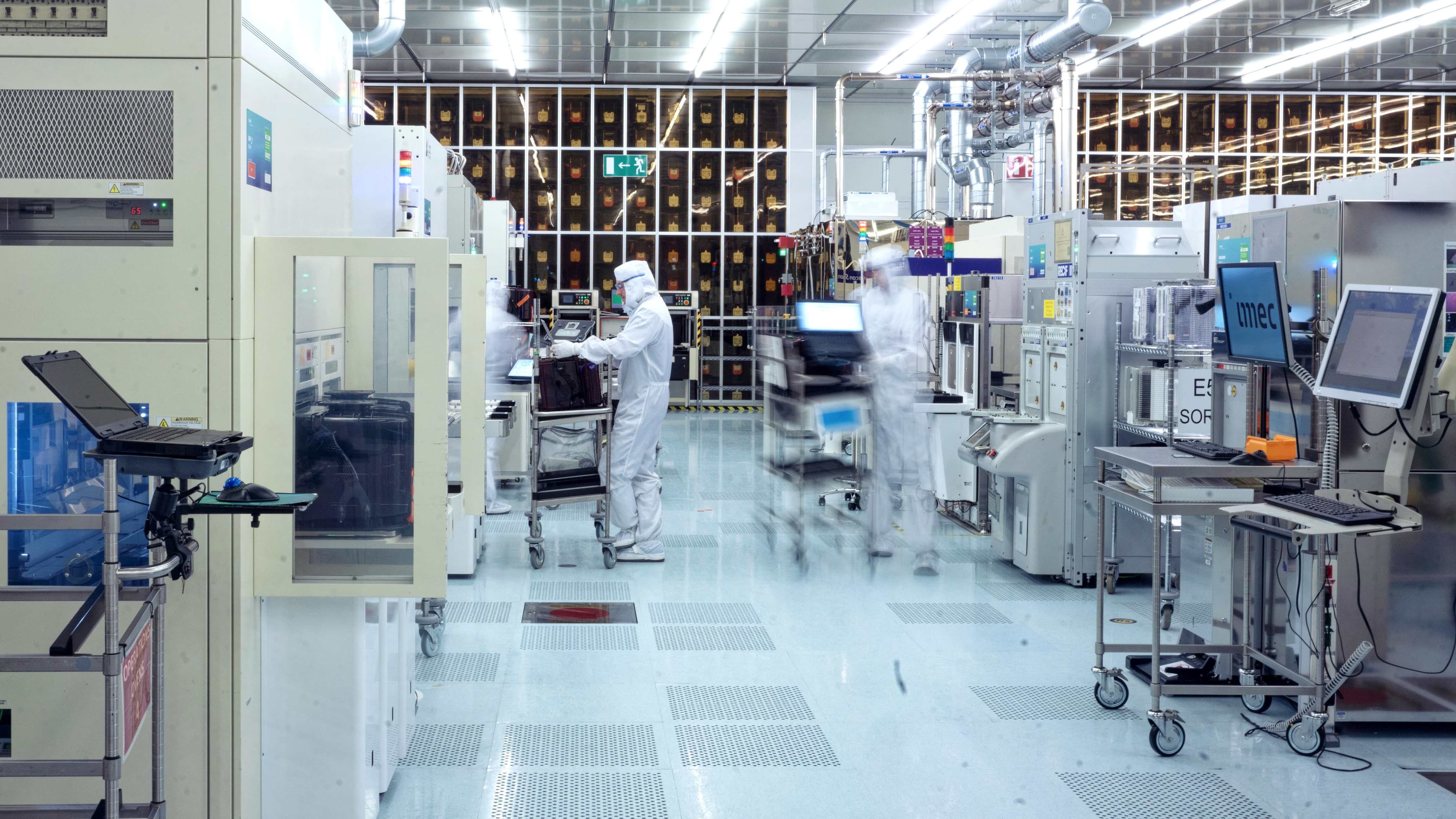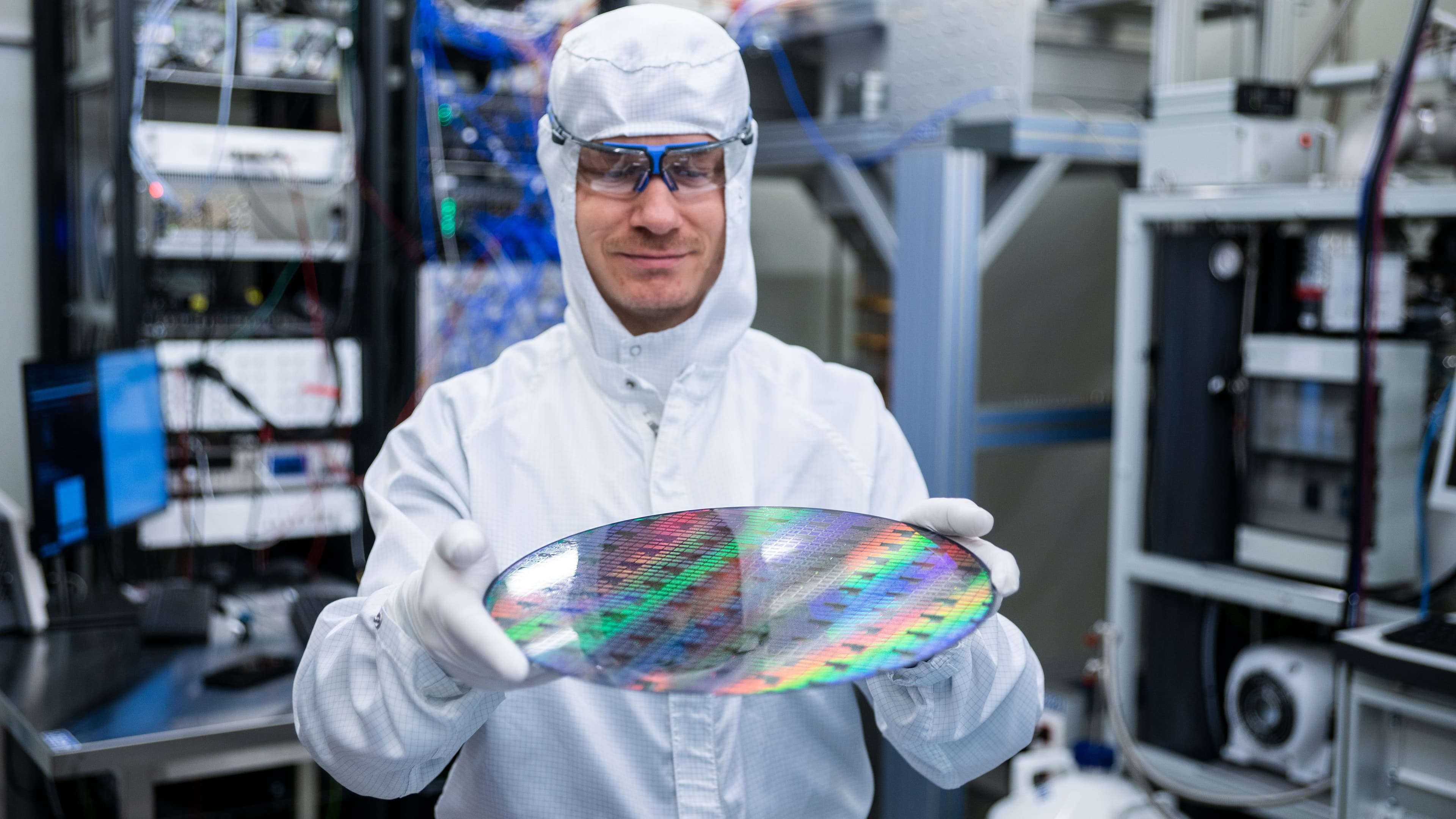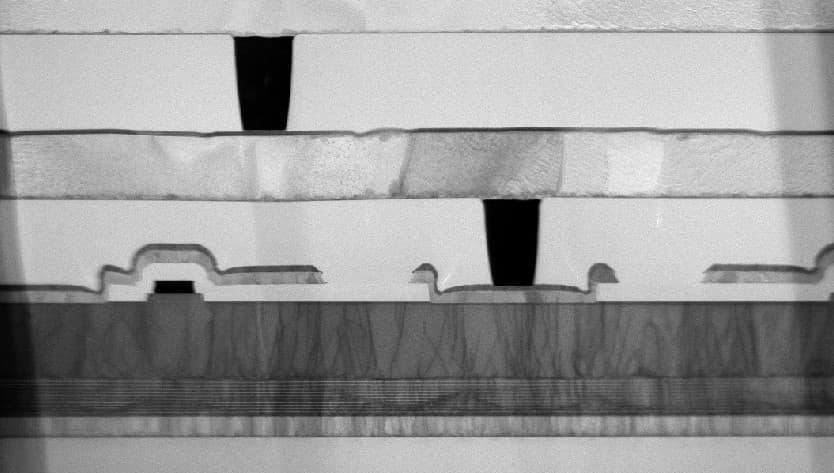Privacy is a hot potato at the moment. The new GDPR regulations are in the process of coming into effect, Facebook is under fire for sharing personal data with political campaign teams and your new iPhone shows you more than ever what data is being used by which app somewhere in the background. All of which means we are becoming increasingly aware of the data being gathered about us by a whole range of official bodies and devices. And the more things go on, the tougher the stance we adopt.
In amongst all this complexity, we want to fill the city with sensors and cameras. Just to make the whole place smarter and more fun to be in, of course. But does this end justify the means? And if not, how do we guarantee everyone’s privacy in the smart city of tomorrow?
The smart city and privacy: more questions than answers
The answer seems to be straightforward enough: simply keep to the privacy rules that we have all agreed to abide by. And naturally we do that. But with imec City of Things we are constantly building new systems for which no privacy regulations yet exist. So how must we conduct ourselves?
For example, what do you do with the camera pictures that you want to use to make changes to the lighting on a city square? This type of issue does not belong to the jurisdiction of the police, but just asking for any passerby to agree with you is also not an option. And even if you undertake only to use anonymized pictures and for specific purposes, this still does not answer every question. For example, should this data be processed immediately on the cameras (so that it doesn’t end up in the cloud)? Or should it be deleted without delay? Or maybe it could be used as a dataset to provide subsequent research with basic information? There is more than one answer to every question – and all of them at least make partial sense.
A specific team to come up with answers
At imec City of Things we view privacy as a fundamental part of all the research we carry out. Which is why we make sure our PETS team (Privacy & Ethics) is part of the proceedings from the very first meeting. In the first place to catalogue all of the relevant questions that may be asked. For example, is it all right to allow cameras to interpret what gender a person is who wants to cross the road? At the same time, we also come up with an answer to all these questions in close consultation with the Privacy Commission and after co-creation with citizens and the parties involved.
For instance, we try to achieve the best of both worlds: innovations that are entirely in line with all current and future regulations – and which are perceived as such by the public at large. Because this is at least as important if we wish to obtain broad-based support for our innovations.
Published on:
24 May 2018













